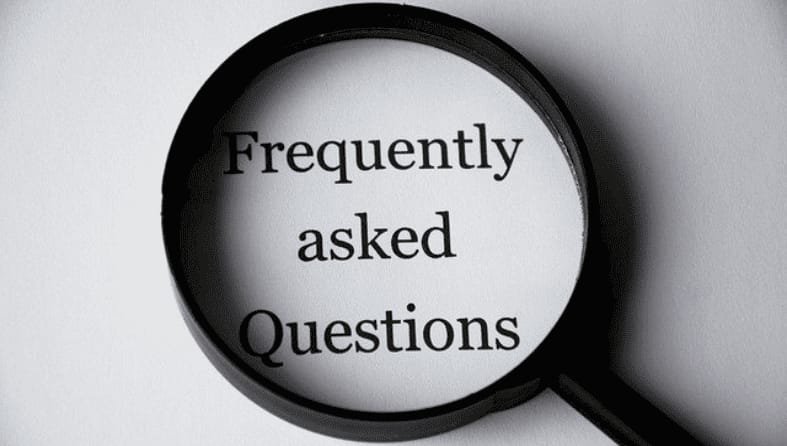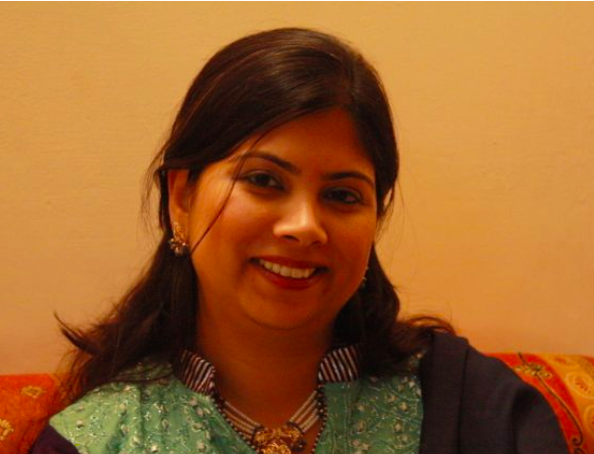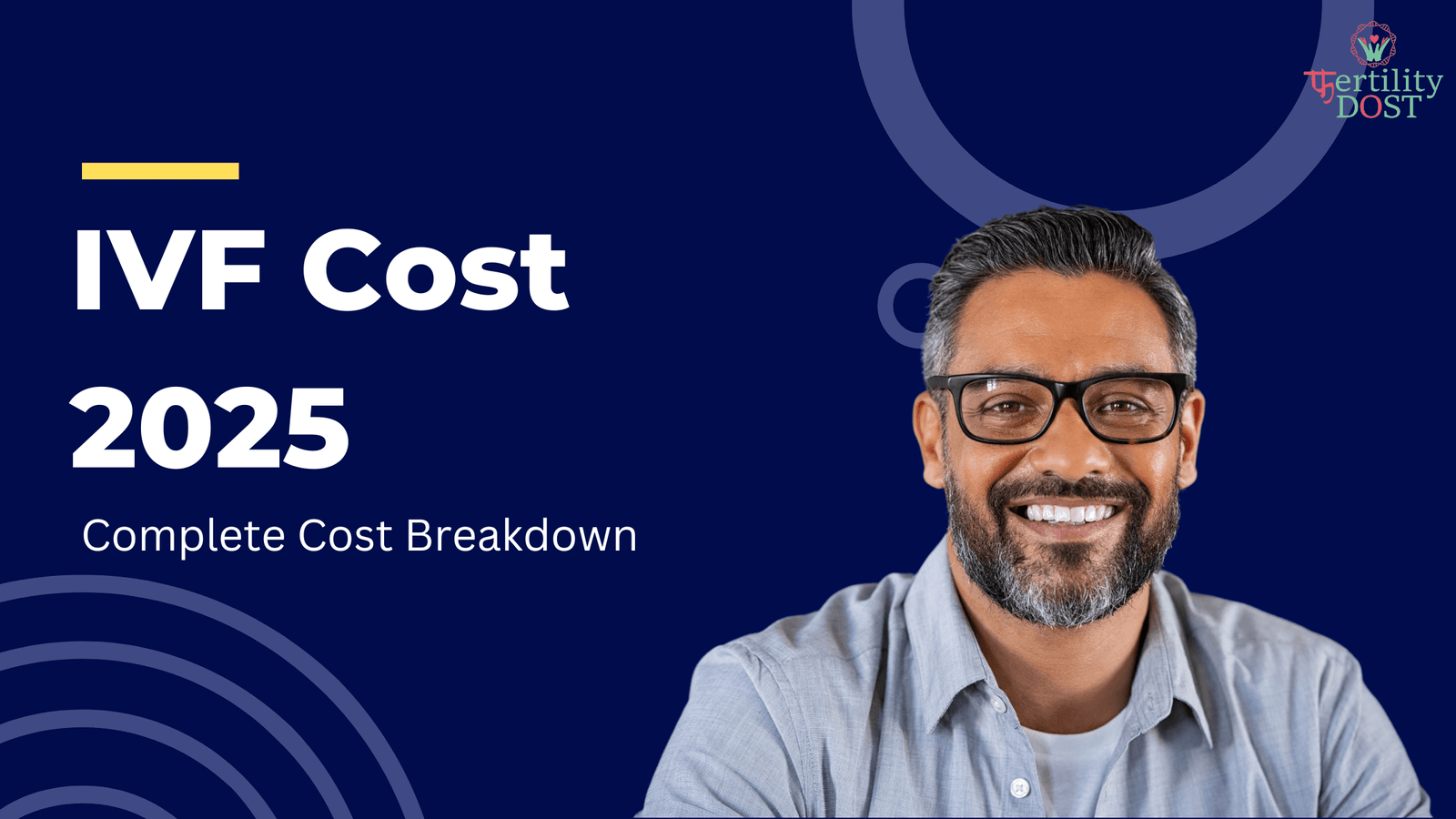3 Frequently Asked Questions About IVF That You Should Know About
IVF
Should I take bed rest during IVF and IUI? Does eating non-vegetarian foods impact my IVFs success rate? What is the ideal way to spend the two week time period before my IVF result?
Are you also trying to find answers to such questions? IVF in itself is a difficult process to go through. And finding answers to such small yet important questions is another big task in itself. Fertility Dost came up with the idea to write this article to save you the trouble and time of searching for answers. We got into a conversation with our founder who has gone through IVF herself. And here’s the list of top 3 questions we have heard the most from our community members.
How Important Is It To Take Bed Rest During IVF Treatment?

Well, I will start with a disclaimer that every case and treatment is different so follow what your doctor says. However, I feel that taking bed rest is most overrated and the biggest myth. And, the type of bed rest that doesn’t allow you to lay your feet on the ground except loo breaks is a complete no-no.
“Yes, you should take it slow till 72 hours post embryo transfer but beyond that, there is actually no need unless you have a particular medical condition or have been advised by doctors.”
Parents often give us examples of women who got pregnant because they took bed rest. But how do we know it was the bed rest that did the trick?. During my first IVF cycle, I too, like most of you blindly followed anything and everything. I too took the only loo-break third-degree torture type of bed rest, and my IVF failed. However, in my second IVF attempt, I resumed office after a week-long break and I sailed through happily. Well, it might be just a happy coincidence too. But the failure of the first IVF cycle got me thinking about what went wrong. And, one of the things that didn’t work in my favor was excessive bed rest because I was constantly worrying and my emotional health had gone down the drain.
So, the best way to find an answer to this question is to listen to your body as you are the best judge. Don’t tire yourself. Engage your mind creatively. It is all a mind game. If your mind is busy somewhere and you feel happy then it will stay calm and composed. Paint, sing (don’t dance please), write, read, knit, go to a spa, enjoy a romantic dinner – do whatever makes you happy. Avoid too much time on computers and mobile. There are harmful rays and there is a scientific logic behind it. In extreme situations when you are clearly asked by a doctor to take bed rest then do it but not the only loo break type of bed rest.
Should I Avoid Non-Vegetarian Food During IVF?

IVF is usually the last and most complicated of infertility treatments. And diet is a major concern during IVF treatment, especially during the crucial period after embryo transfer. Doctors ask patients to avoid non-vegetarian food during IVF treatment and especially food items that may increase the heat in one’s body, popularly referenced in India as ‘garam-cheezein’. This article will help clear the air around the subject of diet for women undergoing infertility treatments.
Well, when doctors ask you to avoid non-vegetarian food they are right because during the IVF process you are administered with hormone injection for almost 90 days post embryo transfer. This hormone injection mainly progesterone is known to increase the heat in the body. Thus, it is important to not increase your body heat any further.
“Here is my understanding of why we are asked to avoid non-veg. It’s no secret that poultry, cattle, lambs etc are pumped with hormones to boost growth, weight gain and overall yield. These hormones are known to interfere with human hormones too. ”
Fish are known to be contaminated with Mercury; even otherwise they produce a lot of heat in the body which isn’t favourable for pregnancy (especially if you are already taking progesterone supplements). Also, eggs are known to contain bacteria called salmonella which is known to cause salmonellosis (food poisoning), Typhoid in some cases etc. Even if we keep the infections aside, the hormonal interference is a matter of concern here.
5 Food Items You Must Avoid During IVF
- Avoid non-vegetarian food. You can take fish but cooked in light gravy. I am a Bengali so it was impossible for me to stay without fish for three months. Thus, the cheat sheet. However, ensure that that fish is fresh.
- Avoid hotel food or any outside food where you have no control over the kitchen. Stick to home-cooked food.
- Avoid processed or packaged food at all costs.
- No cold drinks. They can cause harm that you might not even realize and it causes acidity. Avoid any item that can disturb your bowel movements.
- Avoid raw and undercooked vegetables. I insisted on cleaning the vegetables in lukewarm water.
Stick To Sattvic Food Rule
The rule is simple here – Stick to sattvic food, more popularly known as organic food. You should be extremely careful about your diet during the first trimester and then relax a bit. Go out for dinner once in a while but choose a good restaurant. IVF pregnancy is precious so one has to be extra careful but then don’t get paranoid. There is a fine line between the two. Enjoy your pregnancy. Pamper yourself. You worked really hard to reach here.
How To Kill The 2 Weeks Waiting Period Post Embryo Transfer In IVF Treatment?

When you go through a particular infertility treatment that promises conception you are extremely anxious until the result comes out. In the case of IVF treatment it is usually 2 weeks while it may differ in other treatments but not more than 25 days, maximum. It is the failure behind the wait that we fear the most. It is latching to the last bit of hope that keeps us anxious.
When I asked my doctor post embryo transfer about my chances of success, he said; “Mam, we can give hormones before and we can give lots of hormones and injections afterward to sustain the pregnancy but whether the embryo will implant in your uterus or not is completely in the hands of God. Medical science has not reached here yet.”
So, this phase of 15-20 days is absolutely your luck and God’s will. Medical science though extremely advanced has no role to play here. Well, this ambiguity is what causes fear, and fear breeds anxiety. So here are a few ways in which you can spend these two weeks without troubling yourself emotionally.
Manage Your Thoughts
Anxiety is natural at this stage as you’re trying to get pregnant, but don’t let it become stress. Balance your mind and thoughts. Surely, negative thoughts will come. Asking you to not have negative thoughts is unrealistic. However, you can realign your negative thoughts to make them balanced. For example, if you have had a failed IVF cycle earlier and the thoughts of “it failed last time, what will happen now” cross your mind, tell yourself, “It failed last time because of XYZ reason but this time I chose to rectify that and did better so chances will be better. But if it fails then I will follow plan B”.
Keep Yourself Busy
You must be thinking I am insane. This is the time when you are supposed to take rest and keep it slow. But I am not asking you to strain yourself physically. Keep your mind busy. You know, an empty mind is the devil’s breeding ground.
You can try coloring Mandala books. Those are stress busters. You can even invite friends (real close ones), take a chill pill and laugh out loud; you can do embroidery, or make flower arrangements (flowers bring peace).
There is no dearth of choices. Do something. Just don’t sit idle.
Stop Nagging God
I did that often. So here’s some advice from my experience.
Most women trying to conceive end up conversing with the limit of nagging God. “I really want a kid. Please give me a baby. I won’t ask you anything ever. I endured a lot of pain last time. Please make it successful this time. I will do so and so if I conceive.”.
Stop. Please stop.
I am not converting you. Please talk to God but don’t beg. If it has to come to you, it will come. If it doesn’t happen then accept it gracefully. Ask God to give you the strength to bear the pain of failure. Ask him to teach you to surrender and accept destiny with grace.
When you incessantly beg and nag, you are actually harming yourself because you are falling in that cycle of hope and depression.
Take a calm approach. Pray and meditate.
IVF is a difficult process. But every difficult time comes to an end, to mark the beginning of something new. Never lose hope and love yourself. Self-love is as important as loving anybody else. You might have many other questions too, and we’re always trying to answer them.
But here’s a tip: Ask your doctor as many questions as you can. It’s better to ask than be in any doubt. Also, talk to the patients as you sit in the waiting area. Many of them know much more than you do. Real people have more to give than the internet.
Stay happy & healthy, and everything will fall in place slowly.
About the Author
 Gitanjali Banerjee is the founder of Fertility Dost. After struggling with infertility for 10 years she decided that a platform should be created to reach out to every woman who’s suffering in silence. She believes that if she can support even a few women, and bring a little change, then her life has been worth living.
Gitanjali Banerjee is the founder of Fertility Dost. After struggling with infertility for 10 years she decided that a platform should be created to reach out to every woman who’s suffering in silence. She believes that if she can support even a few women, and bring a little change, then her life has been worth living.





Your Comment Is Valuable For Us
Thanks For Your Feedback.